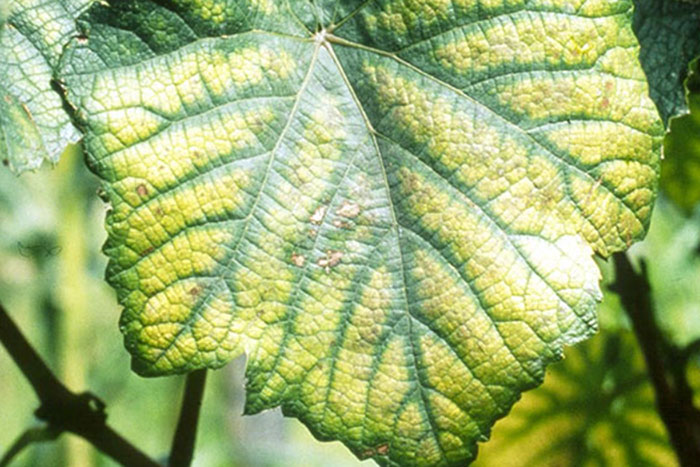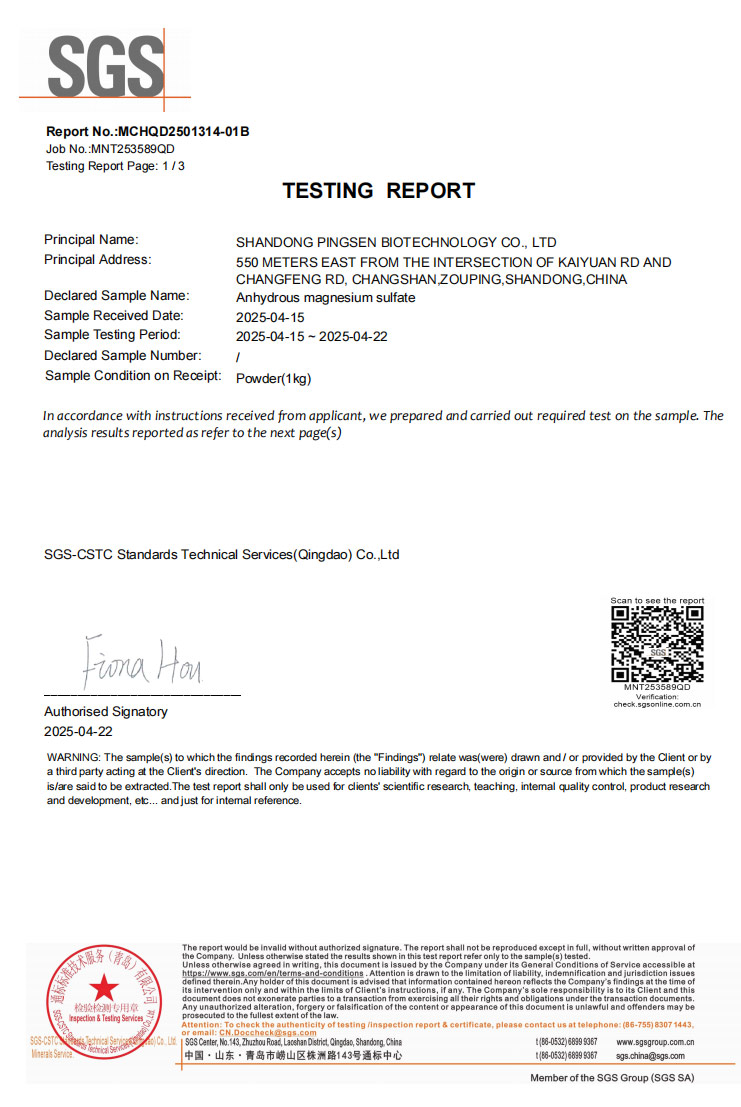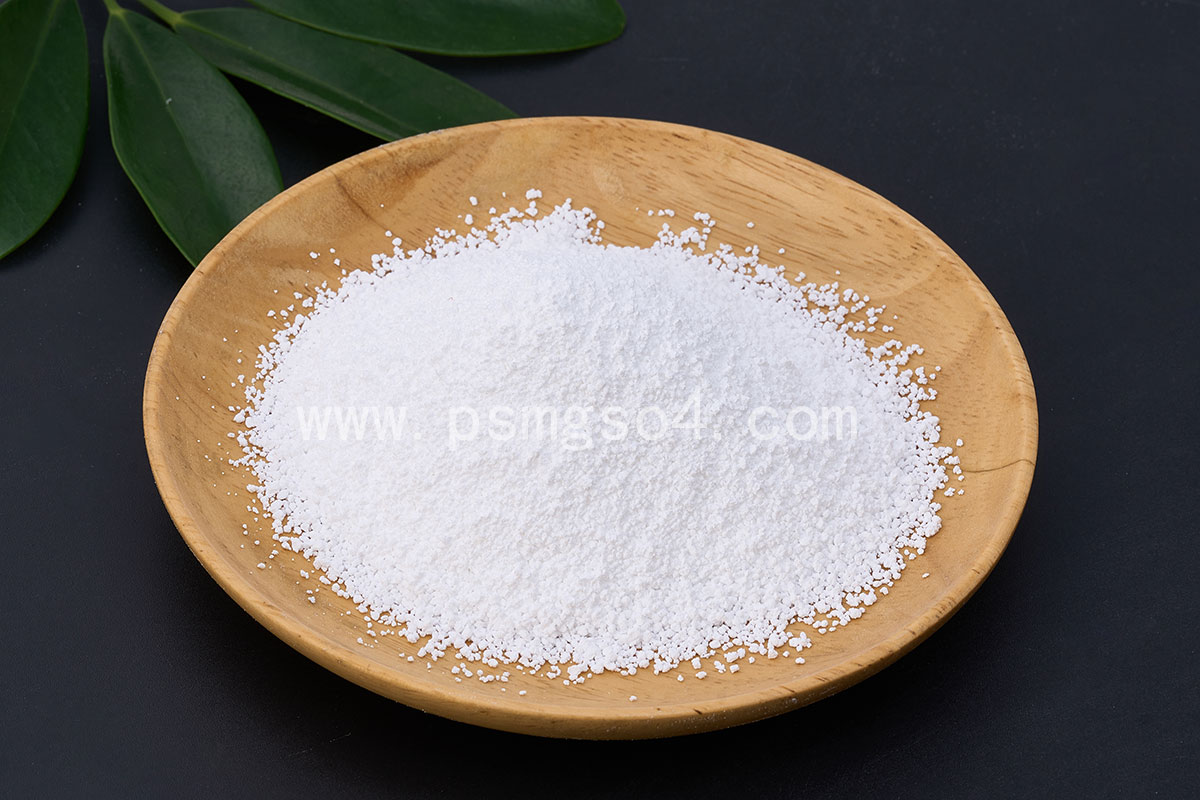-
-
Email Us
-
Website
NEWS
Addressing Magnesium Deficiency in Crops: Importance and Remediation Strategies

Addressing Magnesium Deficiency in Crops
In recent years, with the continuous increase in crop yields and the practice of successive cultivation, many areas have experienced magnesium deficiency and chlorosis, particularly in facility cultivation where magnesium deficiency is more severe. Magnesium is a crucial element for plant growth and development. It is an essential component of chlorophyll and acts as a cofactor for various enzymes, playing a significant role in enhancing crop yield and quality. So, how can we remedy magnesium deficiency in crops?
Importance of Magnesium in Crops
Magnesium is a moderate element in crop plants, primarily present in the tender branches and leaves during the growth period and mostly in fruits and seeds during the maturity period. The main effects of magnesium on crops include:
Chlorophyll Formation: Magnesium is a component of chlorophyll in plant cells, promoting chlorophyll formation and enhancing nutrient accumulation during photosynthesis.
Enzyme Activity: Magnesium enhances the activity of functional enzymes in crop plants, regulating physiological functions and improving crop stress resistance.
Nutrient Synthesis: Magnesium promotes the synthesis and accumulation of proteins and fats in crop plants, increasing the nutritional content of agricultural products.
Cell Wall Strength: Magnesium increases the thickness of crop cell walls, providing better protection against bacterial invasion.
Temperature and Light Resistance: Magnesium improves the temperature and light resistance of plants, preventing sunburn under strong light and high temperatures.
Remedying Magnesium Deficiency
Magnesium sulfate (Epsom salt) is widely used to supplement magnesium in crops. It is easily absorbed by plants and is an ideal raw material for making compound fertilizers. Magnesium sulfate can be mixed with nitrogen, phosphorus, potassium, and other elements to create a balanced compound fertilizer tailored to the specific needs of different plants, ensuring maximum effectiveness.
Steps to Remedy Magnesium Deficiency
Soil Testing: Conduct soil tests to determine the current magnesium levels and identify deficiencies.
Fertilizer Application:
Soil Application: Apply magnesium sulfate directly to the soil at recommended rates.
Foliar Spraying: Use foliar sprays containing magnesium sulfate to provide immediate relief to magnesium-deficient plants.
Integrated Management:
Balanced Fertilization: Ensure a balanced supply of all essential nutrients to support overall plant health.
Crop Rotation: Practice crop rotation to prevent nutrient depletion and improve soil fertility.
Organic Matter: Add organic matter to the soil to enhance its structure and nutrient-holding capacity.
Conclusion
Addressing magnesium deficiency is crucial for maintaining high crop yields and quality. By understanding the importance of magnesium and implementing effective management practices, farmers can ensure their crops receive the necessary nutrients for optimal growth and productivity.



